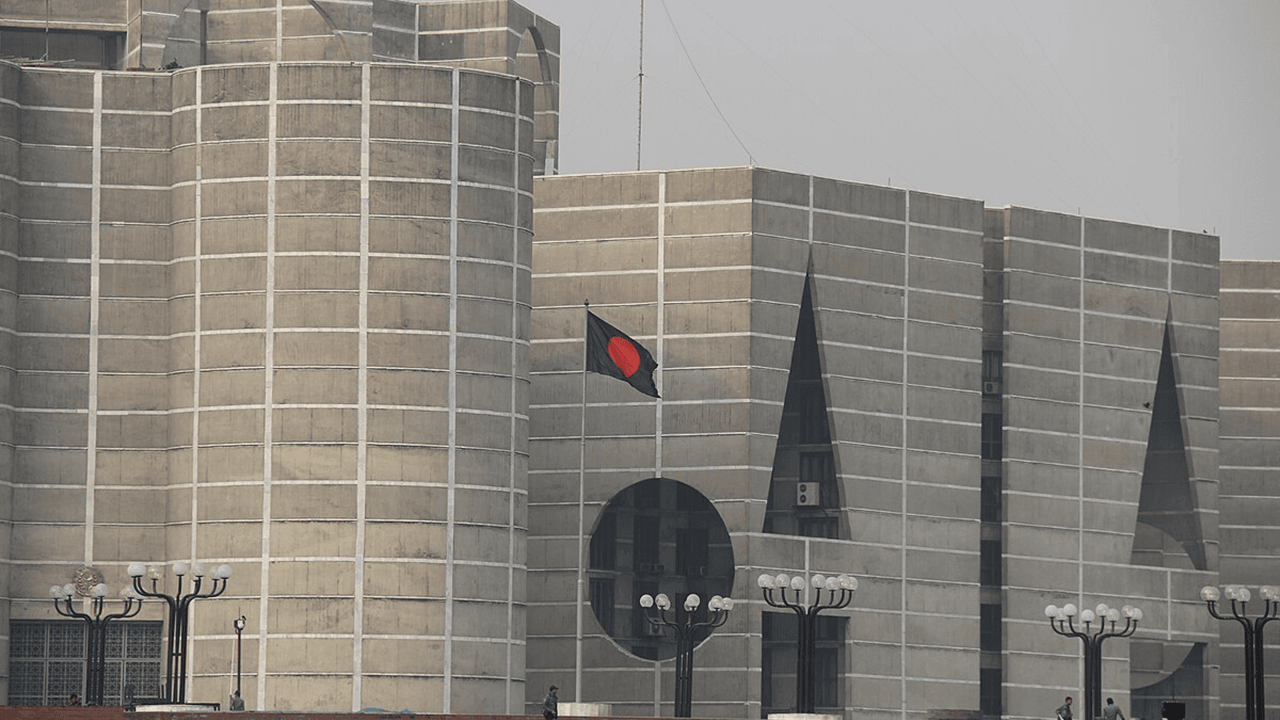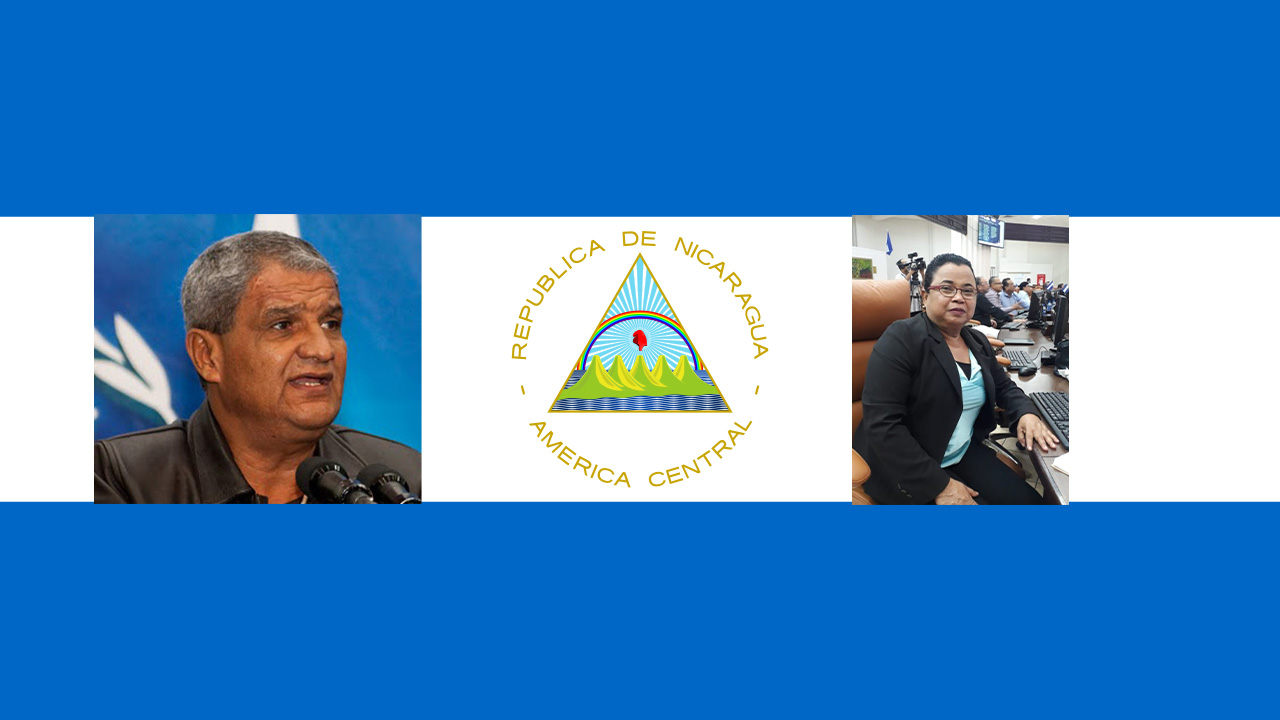
Despite the hopes created by his election in 2018, Emmerson Mnangagwa’s administration has rapidly turned into a crackdown that has left the country already with several people killed, injured and arrested. Zimbabwe is immersed in an increasingly deep political and economic crisis, characterized by widespread intimidation towards the population and repeated infringements on the rights to peaceful assembly and freedom of expression.
On 31 July 2020, Zimbabweans took to the streets to urge President Mnangagwa to address corruption among his officials and mis-management of the response to the novel Coronavirus (COVID-19) pandemic, which further exposed a failing system in a country where half of the population already struggles to feed itself. The peaceful protests resulted in the arbitrary arrest of at least 60 people, including several officials from the Movement for Democratic Change (MDC) Alliance (main opposition party), journalists, human rights activists, and other citizens who participated in the rallies.
COVID-19 preventative measures are being used as an excuse by the Government to silence human rights defenders and intimidate, harass and criminalize the opposition. The Executive, which already banned protests under restrictions on social gatherings during the pandemic, has warned that the police will act against those involved in demonstrations and who they already treat as “terrorists”.
Several female opposition leaders have asserted that unnamed security forces have conducted illegal searches in their homes, and kidnapped, tortured, and sexually assaulted them because of their participation in the peaceful protests. Others have been arbitrarily detained and are currently facing trials on charges of mobilizing plans for insurrection, while many have gone into hiding as they fear retaliation against them and their family members.
The situation in Zimbabwe is a critical one. Our role as Members of Parliament is pivotal not only to scrutinize the measures adopted by our Governments but also to provide a voice to the people we represent. The Executive must ensure that the separation of powers is always respected and allow us to carry out our work without fear of repression and retaliation. Under the current threats posed by the novel Coronavirus, at-risk opposition leaders in Zimbabwe must be protected and able to express their opinion freely and exercise their parliamentary prerogatives. Legislators cannot be considered a thorn in the side of the government for being critical of its actions. Separation of powers, proper checks and balances, the independence of the judiciary, the respect of fundamental human rights and the freedom of the press are some elements on which hinge a strong and robust Democracy. Mr. Anders Österberg, MP (Sweden)
Founding Member of PGA’s Parliamentary Rapid Response Team (PARRT)
The novel Coronavirus has undoubtedly impacted all corners of the world. The pandemic’s devastating effects have collapsed entire health care systems with nearly a million deaths worldwide and revealed deficiencies in the economic, social, and political structures of our societies. Recent reports of think-tanks and civil society groups such as Freedom House or the National Endowment for Democracy concluded that democracy is in decline.
Countries with less robust institutions, especially those located in the global south and whose economies were already in downfall, are now struggling not only to contain an unprecedented threat, but also to contain endless waves of disinformation or “fake news”, corruption, human rights abuses, and a worrying surge of authoritarianism. Indeed, many are already grappling with this democratic regression: Poland, Belarus, Venezuela, El Salvador, Guinea, The Philippines, Malaysia, and Zimbabwe - where the role of instrumental institutions such as Parliaments are now being overshadowed by populistic discourses -, are cases in point.
We live in difficult and uncertain times caused by an unexpected event which has posed serious threats to our lives and has impacted our democracies’ rights and guarantees. Although measures taken by Governments around the world are pressing due to the contagion rate, Parliaments cannot renounce to exercise the power of political control or allow the closing of the spaces dedicated to broad and pluralist debates. Hon. Rozaina Adam, MP (Maldives)
Chair of PGA’s Parliamentary Rapid Response Team (PARRT)
PGA and its global membership advocate for the respect of the rule of law and democratic principles, and the protection of human rights.To such extent, we urge the Zimbabwean Government to respect political diversity, its national constitutional and legal framework, and, most importantly, provide its citizens with adequate protection. President Mnangagwa’s statements to “flush out” people he calls “bad apples” can be perceived as dangerous threats and recall memories of past atrocities that have taken place throughout the continent.
In the face of the scale of threats against democratic values and principles, human rights abuses, and assaults to political leaders and human rights activists, Parliamentarians for Global Action (PGA) condemns the events taking place in Zimbabwe. We urge our global membership to take prompt and rapid action. Members of Parliament acting as human rights defenders should use their prerogatives to promote respect for individual rights by making sure their governments ratify and implement human rights treaties. In detrimental situations like in Zimbabwe, targeted sanctions such as Magnitsky-type legislations adopted by countries like Canada, the United Kingdom, and the United States, may be imposed on individual human rights abusers.
Under its Democratic Renewal and Human Rights Campaign, PGA maintains that democratic governance is both a means to provide access to justice for all and build effective, accountable and inclusive institutions, and an end in itself. Zimbabwean authorities must stop using the criminal justice system, enforcement bodies, and other State structures to intimidate opposition groups exercising their right to freedom of expression and peaceful assembly.




